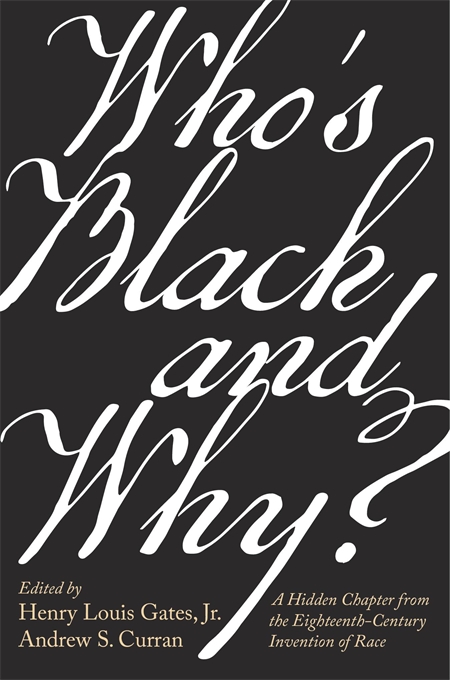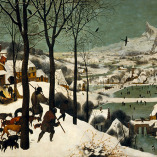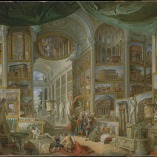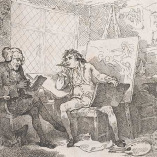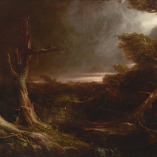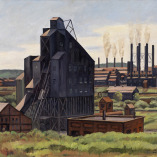
Woman from the French Colonies, by Charles-Henri-Joseph Cordier, 1861. The Metropolitan Museum of Art, European Sculpture and Decorative Arts Fund, 2006.
“In 1739 the members of Bordeaux’s Royal Academy of Sciences met to determine the subject of the 1741 prize competition,” historians Henry Louis Gates Jr. and Andrew S. Curran write at the beginning of Who’s Black and Why? A Hidden Chapter from the Eighteenth-Century Invention of Race. “As was customarily the case, the topic they chose was constructed in the form of a question: ‘What is the physical cause of the Negro’s color, the quality of [the Negro’s hair, and the degeneration of both [Negro hair and skin]?’ According to the longer description of the contest that later appeared in the Journal des savants, the academy’s members were interested in receiving a winning essay that would solve the riddle of the African variety’s distinctive physical traits. But what really preoccupied these men were three larger (and unspoken) questions. The first two were straightforward: Who is Black? And why? The third question was more far-reaching: What did being Black signify? Never before had the Bordeaux Academy, or any scientific academy for that matter, challenged Europe’s savants to explain the origins and, implicitly, the worth of a particular type of human being.”
This week on the podcast, Lewis H. Lapham speaks with Andrew S. Curran, co-editor of Who’s Black and Why? A Hidden Chapter from the Eighteenth-Century Invention of Race, about the ramifications of this 1741 contest and the racist answers to these questions offered by Montesquieu; Georges-Louis Leclerc, count de Buffon; and other philosophers based in one of France’s wealthy slave-trading ports.
Thanks to our generous donors. Lead support for this podcast has been provided by Elizabeth “Lisette” Prince. Additional support was provided by James J. “Jimmy” Coleman Jr.
